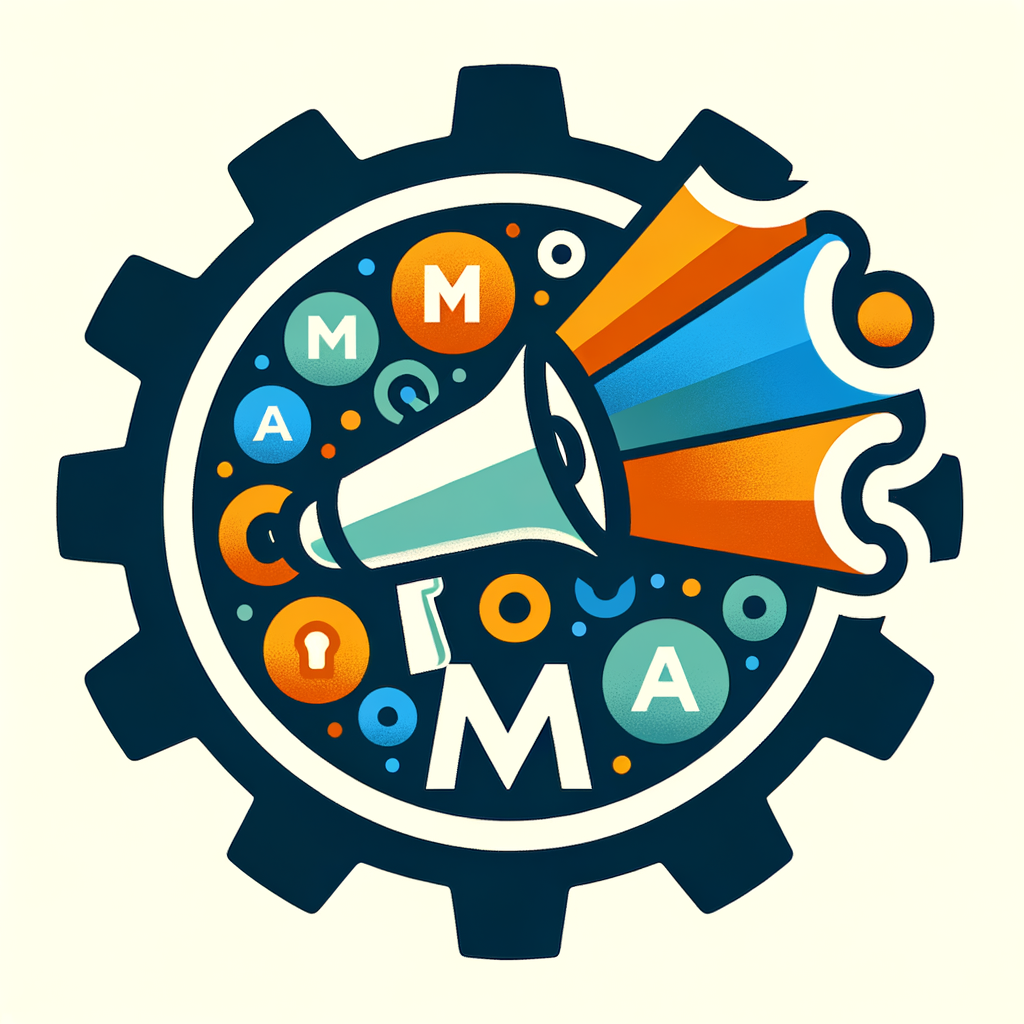What is marketing automation, and why is it crucial for businesses today? Marketing automation refers to the use of software and technology to streamline, automate, and measure marketing tasks and workflows. It enables organizations to nurture prospects, deliver personalized experiences, and optimize their marketing efforts for better efficiency and effectiveness.
Introduction
In today’s digital age, where customers expect seamless and personalized experiences, marketing automation has become an indispensable tool for businesses. By automating repetitive tasks and leveraging data-driven insights, companies can enhance their marketing strategies, improve lead management, and ultimately drive revenue growth.
Key Takeaways
- Marketing automation streamlines marketing processes, saving time and resources.
- It enables personalized and targeted communication with prospects and customers.
- Data-driven insights from marketing automation help optimize campaigns and improve ROI.
- Lead nurturing and scoring capabilities enhance lead management and conversion rates.
- Integration with other systems, such as CRM and analytics tools, provides a holistic view of customer journeys.
Understanding Marketing Automation
Marketing automation encompasses a wide range of tools and technologies that automate various marketing tasks, including email marketing, social media campaigns, lead nurturing, and analytics. By leveraging these tools, businesses can streamline their marketing efforts, reduce manual labor, and deliver consistent and personalized experiences to their target audience.
Benefits of Marketing Automation
Implementing marketing automation offers numerous benefits to businesses, including:
- Increased Efficiency: Automating repetitive tasks frees up time and resources, allowing marketing teams to focus on strategic initiatives.
- Personalized Customer Experiences: Marketing automation enables businesses to deliver tailored content and messaging based on customer behavior and preferences.
- Improved Lead Management: Lead scoring and nurturing capabilities help identify and prioritize high-quality leads, increasing conversion rates.
- Data-Driven Insights: Analytics and reporting features provide valuable insights into campaign performance, enabling data-driven decision-making.
- Scalability: Marketing automation tools can scale with business growth, ensuring consistent and efficient marketing operations.
Key Components of Marketing Automation
Successful implementation of marketing automation involves several key components, including:
- Email Marketing: Automated email campaigns, drip campaigns, and triggered emails based on customer behavior and preferences.
- Lead Management: Lead capture, scoring, and nurturing capabilities to qualify and prioritize leads for sales teams.
- Campaign Management: Tools for creating, executing, and tracking multi-channel marketing campaigns across various platforms.
- Analytics and Reporting: Comprehensive reporting and analytics features to measure campaign performance and optimize strategies.
- Integration: Seamless integration with other systems, such as CRM, social media, and web analytics tools, for a holistic view of customer journeys.
Implementing Marketing Automation
Implementing marketing automation requires careful planning and execution. Here are some key steps to consider:
- Define Goals and Objectives: Clearly define your marketing goals and objectives to ensure alignment with your overall business strategy.
- Assess Existing Processes: Evaluate your current marketing processes and identify areas that can benefit from automation.
- Select the Right Platform: Choose a marketing automation platform that aligns with your business needs, budget, and existing technology stack.
- Data Integration: Integrate your marketing automation platform with other systems, such as CRM and analytics tools, to ensure data consistency and a unified view of customer interactions.
- Develop Workflows and Campaigns: Design and implement automated workflows and campaigns tailored to your target audience and marketing objectives.
- Train and Onboard Teams: Provide comprehensive training and onboarding for your marketing and sales teams to ensure effective utilization of the marketing automation platform.
- Monitor and Optimize: Continuously monitor campaign performance, analyze data, and optimize strategies based on insights derived from the marketing automation platform.
Best Practices for Marketing Automation
To maximize the effectiveness of your marketing automation efforts, consider the following best practices:
- Segmentation and Personalization: Segment your audience and deliver personalized content based on their interests, behaviors, and preferences.
- Lead Scoring and Nurturing: Implement lead scoring models and nurturing campaigns to qualify and prioritize leads for sales teams.
- A/B Testing: Conduct A/B testing to optimize email subject lines, content, and calls-to-action for better engagement and conversion rates.
- Data Quality and Hygiene: Maintain clean and accurate data by implementing data hygiene practices and regularly updating customer information.
- Integration and Alignment: Ensure seamless integration between your marketing automation platform and other systems, and align marketing and sales efforts for a cohesive customer experience.
Measuring Success and Optimization
Continuously measuring and optimizing your marketing automation efforts is crucial for long-term success. Key metrics to track include:
- Engagement Metrics: Email open rates, click-through rates, website traffic, and social media engagement.
- Lead Metrics: Lead generation, lead quality, and conversion rates.
- Revenue Metrics: Sales pipeline, customer acquisition costs, and revenue generated from marketing campaigns.
- Customer Metrics: Customer retention, lifetime value, and customer satisfaction scores.
Regularly analyze these metrics, identify areas for improvement, and optimize your marketing automation strategies accordingly.
Marketing automation is a powerful tool that can revolutionize your marketing efforts and drive business growth. By implementing the strategies outlined in this article, you can streamline processes, deliver personalized experiences, and optimize your marketing campaigns for better results. Remember, successful marketing automation requires continuous monitoring, optimization, and alignment with your overall business objectives. Embrace this powerful technology, and take your marketing efforts to new heights.

